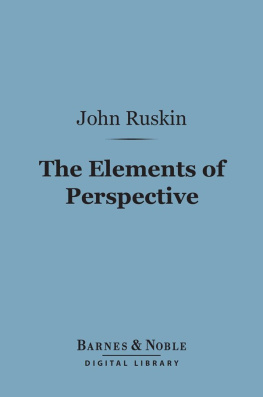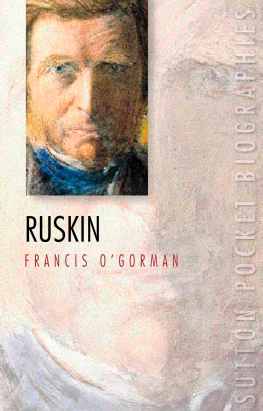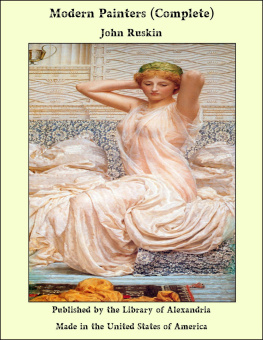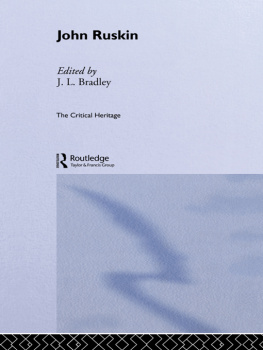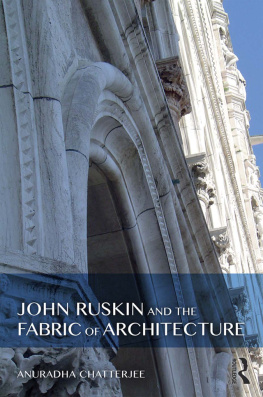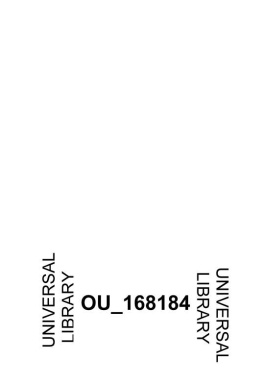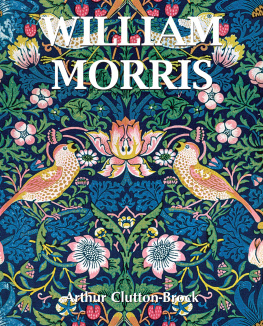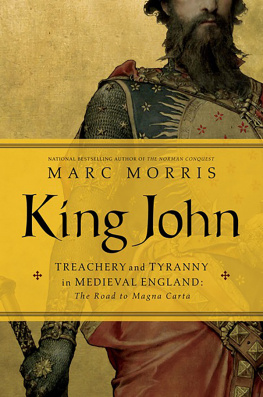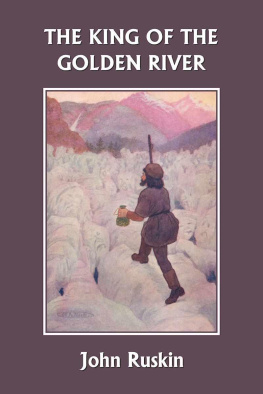First published in 2019 by
University of Exeter Press
Reed Hall, Streatham Drive
Exeter EX4 4QR
UK
www.exeterpress.co.uk
2019 selection and editorial material, John Blewitt;
chapters previously published in the Journal of William Morris Studies, The William Morris Society; individual chapters, the contributors
The right of the contributors to be identified as authors of this work has been asserted by them in accordance with the Copyright, Designs and Patents Act 1988.
Every effort has been made to contact the authors or in some cases their close relatives or spouses to ensure that they are happy for their work to be reproduced. Unfortunately, in some cases this has not been possible.
British Library Cataloguing in Publication Data
A catalogue record for this book is available from the British Library.
ISBN 9781905816279Hardback
ISBN 9781905816347Paperback
ISBN 9781905816293ePub
ISBN 9781905816286PDF
Typeset in Perpetua 11 point on 14 point by BBR Design, Sheffield
Contents
List of Contributors
About the William Morris Society
Introduction
John Blewitt
Ruskin and Morris
Peter Faulkner
John Ruskin: Patron or Patriarch?
Robert Brownell
This link between the Earth and Man: Ruskin, Nature and Education
Sara Atwood
Red House and Ruskin
Jacques Migeon
Morris and Pre-Raphaelitism
Peter Faulkner
Ruskin and Fairfax Murray
David Elliott
John Ruskin, William Morris and the Illuminated Manuscript
Evelyn J. Phimister
Medievalism in Morriss Aesthetic Theory
Michael Naslas
Bawling the right road: Morris and Ruskinian Social Criticism
Chris Brooks
From Art to Politics: William Morris and John Ruskin
Lawrence Goldman
Laxey Mill: Ruskins Parallel to Merton Abbey
David Faldet
William Morris and the Division of Labour: The Idea of Work in News from Nowhere
Christopher Shaw
Ruskins Tory Paternalism
John Blewitt
Index
Sara Atwood s work has appeared in The Ruskin Review and Bulletin, Nineteenth-Century Prose, The Journal of Pre-Raphaelite Studies and Carlyle Studies Annual. Her book, Ruskins Educational Ideals, was published by Ashgate in 2011. She is a contributor to the Yale University Press edition of Carlyles On Heroes, Hero-Worship, and the Heroic in History (2013), Teaching Victorian Literature in the Twenty-First Century (Palgrave, 2017) and John Ruskin and Nineteenth-Century Education (Anthem Press, 2018). She has lectured widely on Ruskin, both in the USA and abroad, focusing particularly on education, the environment, and language. She is a Companion of the Guild of St George and its North American Development Director. Dr Atwood lives in Oregon, where she is an adjunct lecturer in English literature and writing at Portland State University and Portland Community College.
John Blewitt is an independent scholar having worked in further, higher, international and adult education for many years. He was Head of Lifelong Learning at Exeter and Aston Universities. He is the author and editor of many works on education, environmental sustainability and politics including Understanding Sustainable Development (Routledge, 3rd edition, 2018), Media, Ecology and Conservation (Green Books, 2010) and The Ecology of Learning (Earthscan, 2006). He is a Distinguished Fellow of the Schumacher Institute.
Chris Brooks was Professor of Victorian Studies at Exeter University where he helped lead the establishment of the Bill Douglas Centre for the History of Cinema and Popular Culture, a museum and resource centre now administered through the University Librarys Special Collections. He was one of Britains leading cultural historians of the Victorian period, and was a former Chair of the prestigious Victorian Society. His many publications include the seminal The Gothic Revival (Phaidon, 1999).
Robert Brownell is a freelance writer, lecturer and artist, and is a specialist on both Morris and Ruskin. He is the author of Marriage of Inconvenience: The Truth Behind the Most Notorious Marriage of the 19th Century (Pallas Athene, 2014) and A Torch at Midnight: A Study of Ruskins The Seven Lamps of Architecture (Pallas Athene, 2017).
David Elliot has retired from a career in advertising and management consultancy to devote himself to travelling, writing and lecturing. He is the grandson of Charles Fairfax Murray and author of Charles Fairfax Murray: The Unknown Pre-Raphaelite (Book Guild Publishing, 2000), Pre-Raphaelite Marriage: The Lives and Works of Marie Spartali Stillman & William James Stillman (ACC Art Books, 2005) and co-author with Patricia OConnor of The Late Pre-Raphaelites (Pre-Raphaelite Society, 2016).
David Faldet is Professor of English at Luther College in Iowa, USA. He shares his passion for British literature through courses in Victorian Literature and Twentieth-Century British Literature. Designer, writer and socialist William Morris has been the main focus of Davids research in Victorian literature. His fascination for regional history and ecology has resulted in numerous newspaper pieces, as well as the book Oneota Flow: The Upper Iowa River and its People (University of Iowa Press, 2009). Davids work as a poet has appeared in a number of journals.
Peter Faulkner graduated from Trinity Hall, Cambridge, in 1956. He taught English at Fircroft College, Birmingham, and at the Universities of Durham and Exeter, retiring from the latter in 1998. He edited the Journal of the William Morris Society from 1987 to 1996, and served as Honorary Secretary of the Society from 1997 to 2006. He lives in Exeter.
Lawrence Goldman read History at Cambridge where he was a junior research fellow at Trinity College, and taught British and American History at St Peters College, Oxford, where he is now a senior research fellow. He was the editor of the Oxford Dictionary of National Biography 200414 and subsequently Director of the Institute of Historical Research, University of London. He is the author of books on the history of Victorian social science, workers education, and the historian and social reformer, R.H. Tawney.
Jacques Migeon
Michael Naslas lectured in the Department of Town and Regional Planning at the University of Sheffield.
Evelyn J. Phimister is an independent researcher and writer living in Long Island City, New York; her Masters thesis was on William Morris Textiles and the Art of Illumination. She is co-editor of Sketching at Home and Abroad: British Landscape Drawings, 17501850 (Pierpont Morgan Library, 1994).
Christopher Shaw was head of Social Science at Harrogate College and also taught at Huddersfield University. His main research interest was in the history of socialist thought particularly in relation to nature. He is the author of a number of articles on socialist history and with Malcolm Chase co-edited


